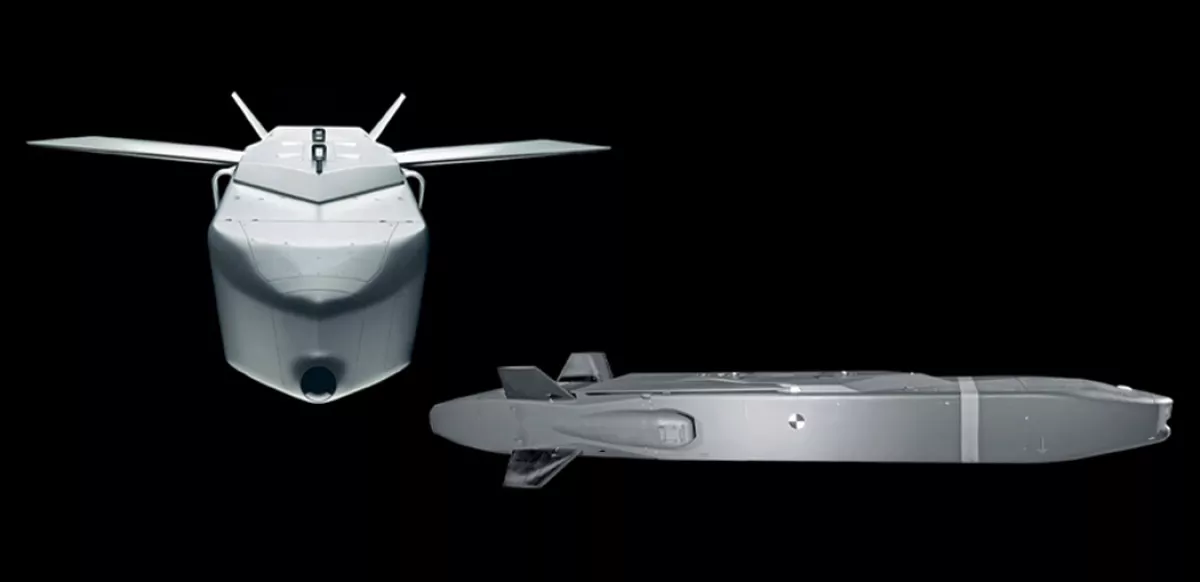Is Berlin's deafening silence shielding or stalling Taurus deliveries? New government to no longer disclose which weapons are sent to Ukraine / Photo
The German government has decided it will no longer publicly specify which weapons systems it is supplying to Ukraine. Is this deliberate silence intended to smooth the way for sending Taurus cruise missiles - a weapon long desired by Kyiv yet controversially always turned down by Berlin for fears of triggering Moscow —or to conceal the possibility that Chancellor Friedrich Merz, like his predecessor, may ultimately deny them?
The German Süddeutsche Zeitung has taken a closer look at Friedrich Merz's new decision, who was recently lauded as a strategic mind.
“A good chess player plans several moves ahead but doesn’t reveal them to his opponent,” Ukrainian Ambassador to Germany, Oleksii Makeiev posted on Bluesky, referencing the new government’s discretion. “Strategic ambiguity toward the enemy achieves far more than drawing public red lines,” he added. “All I can say is: Germany will deliver. And we know precisely what and when.”
Germany’s policy on arms deliveries to Ukraine remains shrouded in strategic ambiguity under new Chancellor Merz. Once an outspoken advocate for sending Taurus missiles when he led the opposition, the publication notes that Merz has adopted a markedly more reserved tone since taking office. He has yet to clarify whether his government will approve the delivery of the advanced missile system to Kyiv, which can reach targets up to 500 kilometers away and penetrate hardened structures such as bunkers.
During his first official visit to Paris, Merz echoed French President Emmanuel Macron’s caution about publicly discussing weapon transfers, emphasizing that such topics should not be debated openly due to the risk of sensitive information reaching Russia. In recent interviews, Merz confirmed that decisions about arms deliveries, including Taurus, would be made discreetly, in consultation with the cabinet and NATO allies. His refusal to take a definitive position has sparked debate over whether the silence is a tactical move to smooth the path for future deliveries or a sign of reluctance to authorize them at all.

Meanwhile, the Social Democratic Party (SPD), Merz’s coalition partner and the former ruling party, has maintained its firm opposition to Taurus deliveries. The article cites SPD parliamentary leader Matthias Miersch, who reiterated that Germany should not risk becoming a direct party to the war, echoing the party’s election platform, which endorsed ex-Chancellor Olaf Scholz’s decision not to supply Taurus from Bundeswehr stockpiles. This stance also reflects broader public skepticism.
Despite the political impasse, some military experts told the German publication that the Taurus could still significantly aid Ukraine, especially as Western supplies of other long-range cruise missiles—like Britain’s Storm Shadow and France’s SCALP—are dwindling. Gustav Gressel, a military analyst from Austria’s National Defence Academy, pointed out that while the full range of Taurus may not be used due to operational constraints, the missile could still effectively strike high-value targets such as docked naval vessels or ammunition bunkers.
At a recent federal press conference, longtime German government spokesman Stefan Kornelius confirmed that Ukraine’s military aid package includes long-range capabilities but declined to disclose details. He also refused to say whether Germany needs to retain the Taurus for NATO defence purposes, citing a general policy of not commenting on alliance deployments or strategies.
According to the article, the secrecy surrounding Germany’s deliberations deepened last year when a leaked Russian recording revealed internal Bundeswehr discussions about possibly sending an initial batch of 50 Taurus missiles, with more to follow—if politically approved. This revelation prompted the CDU/CSU parliamentary group to push for a Bundestag motion to mandate the deliveries. Defence Minister Boris Pistorius—who continues in that role under Merz—defended the decision not to send the missiles at the time, arguing that Taurus was more effective than other cruise missiles already provided by allies.

Nonetheless, Merz, in his earlier role as opposition leader, had emphasized that if the German government was serious about ensuring Ukraine’s military success, it should provide its most effective systems. The article recalls that his party’s proposal framed the delivery of Taurus not only as a show of solidarity but as a strategic move in Germany’s own security interests, enabling Ukraine to push back against Russian aggression and paving the way for future negotiations.
Scholz, however, resisted such arguments, stating that Germany would have to directly guide the Taurus missiles due to the complexity of their targeting systems—something not required with deliveries from France or Britain. He argued that this could involve German personnel, potentially requiring Bundestag approval and opening the door to legal challenges. He also doubted Ukraine’s assurances not to use the missiles against Russian territory.
As the debate continues, the article points out that Merz now faces a crucial decision that could shape Germany’s military role in the Ukraine conflict—whether he makes that decision public or not.
By Nazrin Sadigova








